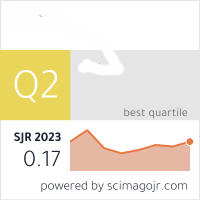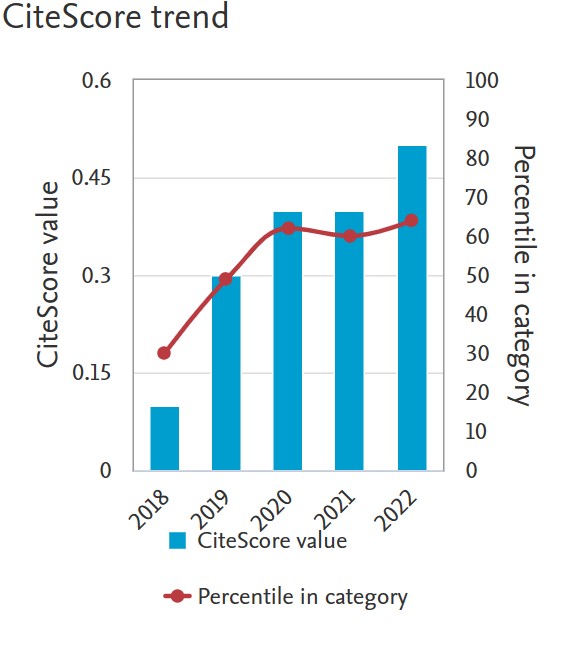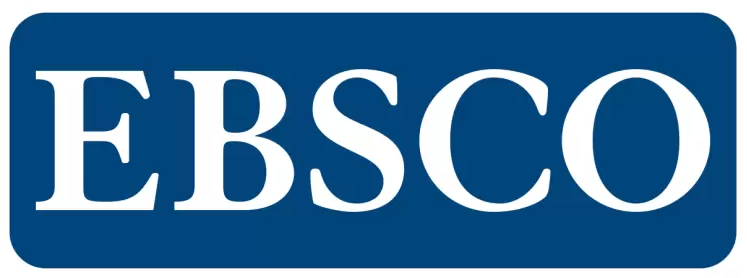Training for Coconut Waste Craftsman in Entrepreneurship in Entrepreneurship
Keywords:
Training, IndependenceAbstract
In developing countries poverty is an acute social problem in society. Each village has different potentials, regional conditions, and community characteristics. The point is that each village has characteristics that are different from other villages. For this reason, in an empowerment effort, the local village community must be more involved in these activities. Because the community knows more about the potential and conditions of their village. The government only acts as a facilitator supporting the empowerment program. Training is not only the responsibility of the government, because the subject of empowerment is the village community itself. The method used is a qualitative method. The results of this study are to improve the community's economy and promote crafts made from coconut waste so that they are accepted by the general public as well as increase knowledge in increasing the ability and independence of the community in improving their standard of living for a better implementation of training and development programs that function as a process of transforming knowledge and skills in processing traditional handicrafts made from coconut waste.
Downloads
References
Basrowi and Kelvin. (2008). Understanding Qualitative Research. Jakarta: Rineka Cipta.
Davis, W. S. (1983). System Analysis and Design: Astruktured Approach Addeson Wesley Publishing Company.
Ministry of Education. (2003). Law No. 20 of 2003 concerning the National Education system. Bandung: Shades of Aulia.
Ministry of National Education (2003). Law No. 20 of 2003 concerning the National Education system. Bandung: Shades of Aulia.
Dessler, G. (2008a). Human Resource Management. trans. Tenth edition Volume 1 in collaboration with Paramita Rahayu
Ife, J. (1995). Empowerment of Concepts, Policies and Implementation. Main Humanities Press.
Irianto, J. (2001). Basic Principles of Training Management (From Needs Analysis to Evaluation of Training Programs). Jakarta: Human Scholar.
Hariandja, M. T. E. (2002). Human Resource Management. Jakarta: Grasindo Harris, M. (2000). Human Resource Management. Second Edition. USA: Harcourt Black & Company
Hatimah, I. (2014). Learning methods. Bandung: Rizki Press Hendro. (2002). Entrepreneurship. Jakarta: Erlangga
Joesoef, S. and Santoso, S. (1979). Non-formal education. Surabaya: National Business.
Kamil, M. (2010). Education and Training Model (Concept and Application).
Bandung: Alphabet.
Ministry of Education and Culture. (2014). Crafts and Entrepreneurship. Jakarta: KDT Kindervatter, S. (1979). Non-formal
Education as an Empowering Process.
Yogyakarta: Student Libraries
Mangkuprawira, S. (2004). Strategic Human Resource Management. South Jakarta: Ghalia Indonesia.
Mardikanto, T. et al. (2013). Community Empowerment in Public Policy Perspective. Bandung: Alphabet.
Marzuki. M.S. (1993a). Training Strategy and Model. Malang: IKIP Malang OPF Project.
Marzuki, M. S. (1993b). A Basic Knowledge for Instructors and Managers of Training Institutions, Courses and Upgrading, Malang: IKIP Malang OPF Project.
Maslow, A. (2002). Research methods. Bogor: Indonesian Ghaira
Miles, M. and Huberman. (1992). Qualitative Data Analysis. Yogyakarta: Student Libraries.
Parson, W. (1994). Public Policy Process and Analysis. Jakarta: Interm
Sumiati, E. (2015). Community Empowerment Models in Maintaining Local Wisdom (Ethnography on Indigenous Peoples of Cireundeu Village, Cimahi City. (Thesis) Postgraduate School, Indonesian University of Education, Bandung.
Sumodiningrat, G. (1999). Community Empowerment and Social Safety Network. Jakarta: Gramedia Pustaka Utama
Sudjana. (1996). Teaching and Learning Strategy. Bandung: Tarsito.
Sudjana, D. (1991). Out of School Education Series, Historical Development Insights, Philosophy and Supporting Factors. Bandung: TKN
Sudjana, D. (2004). Non-formal education.
Bandung: Falah Production.
Sudjana, D. (2007). Theory and Application Training Systems and Management.
Bandung: Falah Production.
Sudjana, D. (2010). Learning strategies.
Bandung: Falah Production
Sugiyona. (2011). Quantitative Qualitative Research Methods and R & D. Bandung: Alfabeta
Sumihardjo, T. (2008). Regional Potential- Based Competitiveness. Bandung. Suyaman, J. D. (2015). Entrepreneurship and Creative Industries. Bandung. Alphabet
Tayibnapis Y. F. (2008). Program Evaluation and Evaluation Instruments. Jakarta: Renika Cipta
University of Wisconsin-extention. (2005). Logic Models. Program Development Evaluation (PD&E)
Ariyanto (2016). Ibm Entrepreneurship in Bumirejo Village, Karangawen District. Volume 7 Number (2)
Huvat. (2015). Work Effectiveness of Facilitators in Implementing the PNPM Program in Laham District, Mahakam Ulu District. Journal of Integrative Government Empowerment, 3 (1)
Lieli Suharti. (2011). Factors Influencing Entrepreneurial Intention. Volume 13 Number (2)
Lutfiadi. (2011). Analysis of the Role of Entrepreneurship Education, Personality, and the Environment on Vocational High School Students' Interests in Entrepreneurship in Bekasi City. Volume 3 Number
Mamahit, R. (2013). Level of Education, Training and Job Satisfaction Influence on Employee Performance at the North Sulawesi Provincial Disaster Management Agency. Volume 01 Number (04)
Official. (2013). Building an Entrepreneurial Spirit Through Entrepreneurship Training Activities among Students (A Model of Entrepreneurship Training among Students). Volume 3 Number (1)
Susarno, LH. (2010). Strategies for Delivering Teaching Materials Through Utilization of Methods and Media in the Learning Process. Volume 10 Number (01)
Uyu Wahyudi. (2012). Entrepreneurship Training with Ecocultural Background for Empowering Rural Poor Communities. Volume 28 Number (1)
Widjajanti Kesi. (2011). Model Community Empowerment. Journal of Economics in Development. Volume 12 (1), p. 15-27
Windy Rosianti. (2004). The Efforts of the UKM Cooperative Service in Organizing Entrepreneurship Education and Training to Increase Entrepreneurial Motivation (Study on the Office of Cooperatives, UKM, Industry, Trade and ESDM Sidoarjo). Volume 12 Number (1)
Y.M.V Mudayen. (2008). Needs Assessment Training for Human Resource Development for Tourism Support in Bantul Regency. Volume 5 Number (1)
Government laws and regulations
RI Minister of National Education No. 58 of 2009
RI Minister of National Education No. 16 of 2007 concerning Academic Qualification Standards and Government Regulation No. 19 of 2005 concerning National Education Standards Government Regulation No. 73 of 1991 concerning Outdoor School Education Minister of Education and Culture Regulation No. 41 of 2009 concerning Law No. 6 of 2014 concerning Villages
Downloads
Published
Issue
Section
License
You are free to:
- Share — copy and redistribute the material in any medium or format for any purpose, even commercially.
- Adapt — remix, transform, and build upon the material for any purpose, even commercially.
- The licensor cannot revoke these freedoms as long as you follow the license terms.
Under the following terms:
- Attribution — You must give appropriate credit , provide a link to the license, and indicate if changes were made . You may do so in any reasonable manner, but not in any way that suggests the licensor endorses you or your use.
- No additional restrictions — You may not apply legal terms or technological measures that legally restrict others from doing anything the license permits.
Notices:
You do not have to comply with the license for elements of the material in the public domain or where your use is permitted by an applicable exception or limitation .
No warranties are given. The license may not give you all of the permissions necessary for your intended use. For example, other rights such as publicity, privacy, or moral rights may limit how you use the material.











